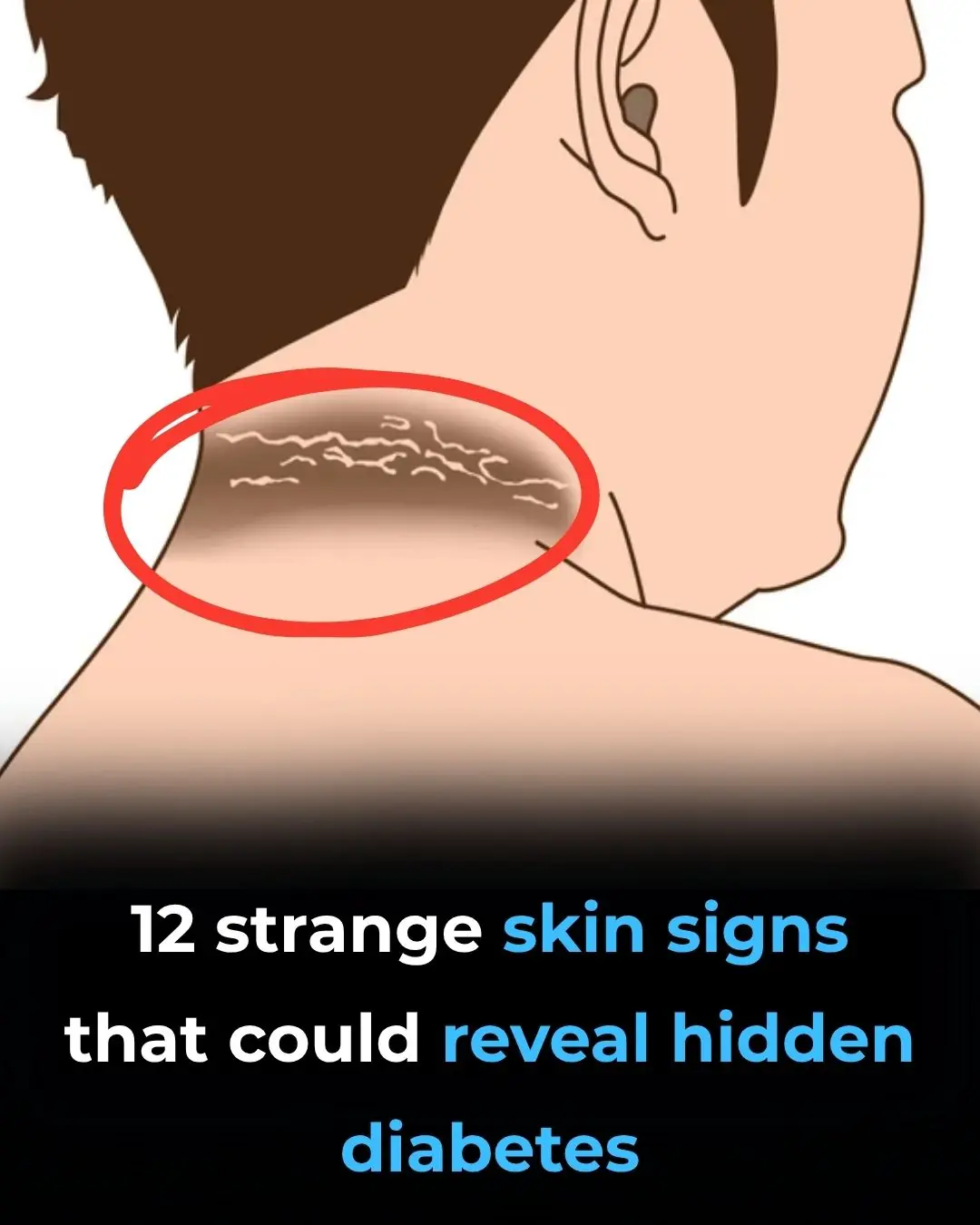
Napping During The Day Seriously Affects Brain Aging
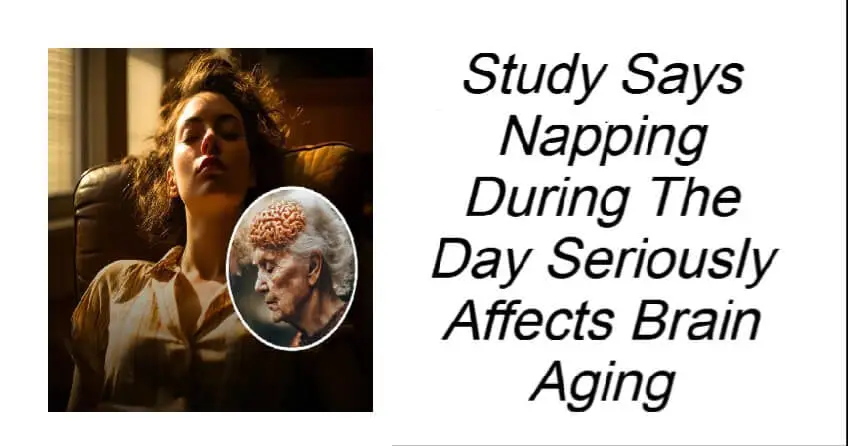
If you’ve ever felt a little guilty for sneaking in a midday nap, science may finally be on your side.
While naps are a daily tradition in many cultures, their long-term impact on brain health has remained unclear—until now. A new genetic study is offering fresh insight into whether catching some Z’s in the afternoon could actually help preserve your brain as you age.
🧬 A Genetic Glimpse Into Naps and Brain Health
In a collaborative study, researchers from University College London, the University of the Republic in Uruguay, and the Broad Institute in Massachusetts explored whether a natural tendency to nap might be linked to brain structure and aging.
Using data from nearly 379,000 participants in the UK Biobank (ages 40 to 69), the research team focused on 92 genetic markers associated with habitual napping. These were then compared to brain scans and cognitive test results to look for patterns.
🧪 The Power of Mendelian Randomization
To cut through the noise of lifestyle differences, the researchers used a method called Mendelian randomization. This technique relies on genetic traits that are fixed from birth, allowing scientists to explore potential causal relationships rather than just correlations.
In other words, instead of asking “Do people who nap have healthier brains?” the researchers asked, “Do people genetically inclined to nap actually show measurable differences in brain health?”
🧠 What They Found
The results were subtle—but significant:
-
🧠 People genetically predisposed to nap had slightly larger total brain volumes.
-
📏 On average, their brains were about 15.8 cubic centimeters larger—roughly equivalent to 2.5 to 6.5 years’ worth of aging delay.
-
⏱ There was no meaningful link between napping and memory performance, reaction time, or hippocampal volume (the brain region linked to memory).
So, while napping didn’t appear to improve mental quickness or memory in this study, the preservation of brain volume is still a meaningful marker—especially considering that brain shrinkage is a hallmark of cognitive aging.
🌍 Naps Around the World (And Why They Matter)
Napping isn’t a new idea. In fact, it’s a deeply embedded tradition in many cultures:
-
Spain and Latin America: Siesta culture encourages midday rest, often after lunch.
-
Asia: Short naps during work breaks are common, even normalized in some offices.
-
Mediterranean regions: Afternoon downtime is built into daily rhythms, especially in warmer climates.
Previous research has shown that short naps can improve mood, alertness, and memory in the short term. But until now, questions remained about whether naps could offer long-term protection for the brain.
⚖️ What Makes This Study Different
This study stands out because it isolates genetic tendency from lifestyle. That means the results aren't just showing that people who nap live differently—it’s looking at how the natural inclination to nap might be tied to biological brain benefits.
However, there are some limitations worth noting:
-
🛏 The study focused on genetic predisposition, not how often or how long people actually napped.
-
📝 Napping habits were self-reported as "never," "sometimes," or "usually"—a bit subjective.
-
👥 The participant pool lacked ethnic diversity, meaning the findings may not apply equally across all populations.
🤔 Why Might Napping Help Your Brain?
While this particular study didn’t explore the why, other research suggests several possible mechanisms:
-
🧼 Slow-wave sleep during naps may help the brain clear waste products, like amyloid beta, which is linked to Alzheimer’s.
-
🧠 Naps could allow for mini neural repair sessions, giving the brain a chance to recover and reset.
-
😌 Short naps are known to help with emotional regulation, memory consolidation, and stress relief—all factors that support cognitive health over time.
☀️ So... Should You Nap?
That depends. A nap isn’t a replacement for a good night’s sleep. But if you’re well-rested and still feel that mid-afternoon dip in energy, a short nap (20–30 minutes) could be beneficial.
🕒 Optimal nap length:
-
10–20 minutes for a quick refresh
-
Avoid long naps (>60 minutes), which can lead to grogginess or disrupt nighttime sleep
And now, thanks to this study, there’s a good chance your nap might be helping preserve your brain’s structure, too.
✅ Final Thought: Nap Guilt, Begone
No, napping won’t make you a genius or completely reverse aging. But the latest research suggests it might offer a small but meaningful buffer against brain shrinkage as you age.
So the next time you close your eyes for a quick snooze after lunch, don’t feel guilty. You might just be giving your brain the breather it needs to stay sharper for longer.
Just don’t overdo it—and save the marathon naps for the weekend.
News in the same category


Doctors REVEAL that guava leaf tea causes in...
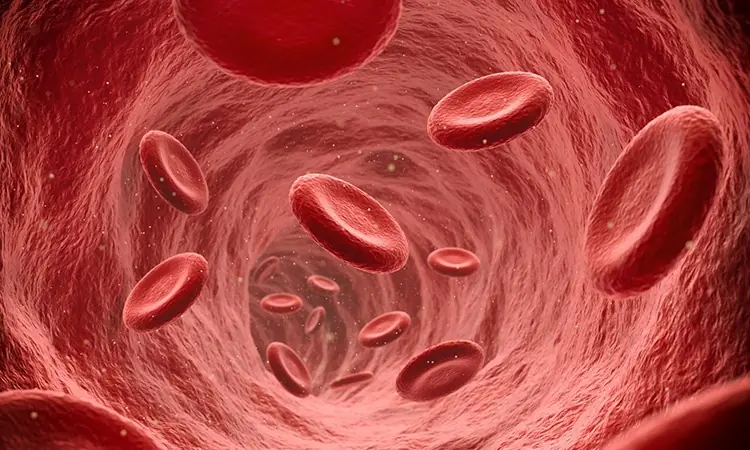
Simple Ways to Lower Cholesterol Naturally

10 Simple Lifestyle Changes That Drastically Reduce Your Stroke Risk
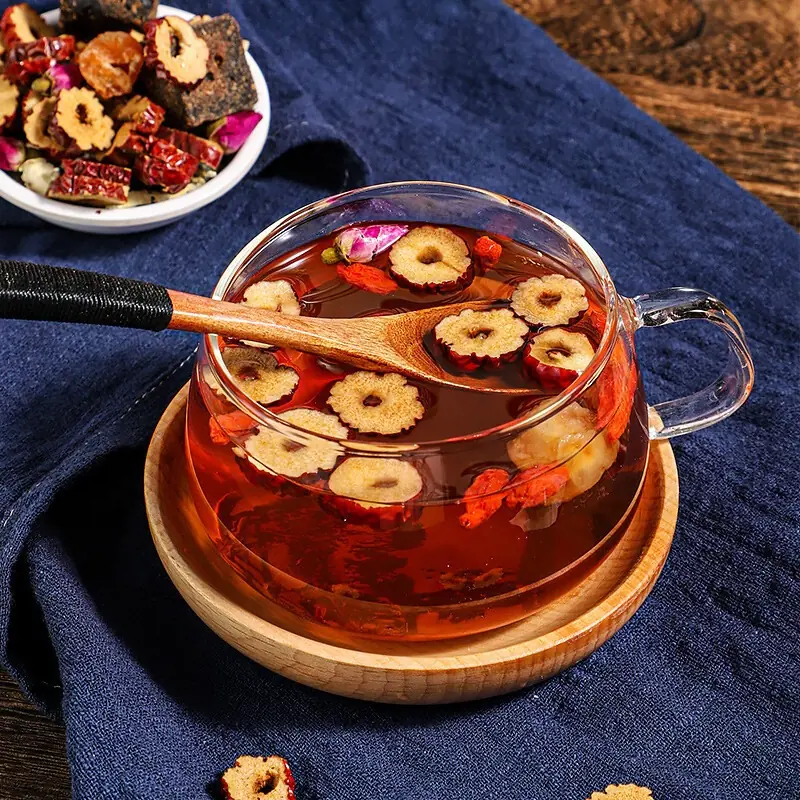
Ginger and Red Date Tea: The 97-Year-Old Grandma’s Secret Longevity Drink
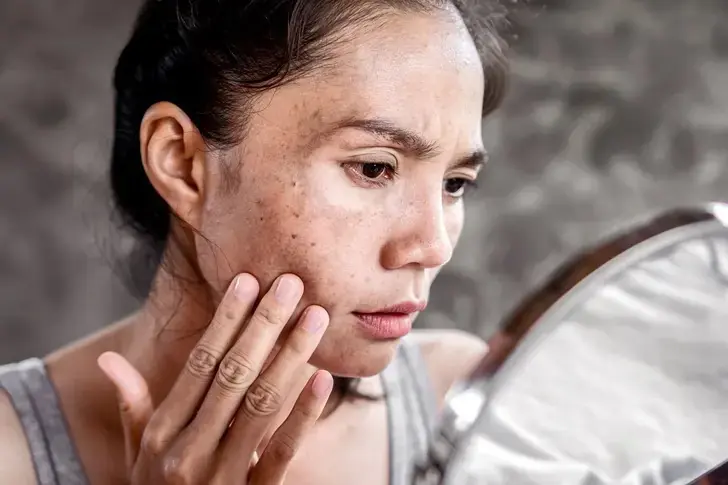
How to Remove Age Spots Naturally with Lemon Juice
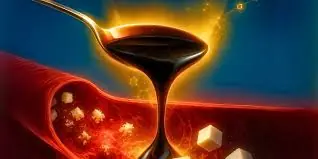
Molasses Stops Insulin Resistance Almost Immediately — Here's How to Use It
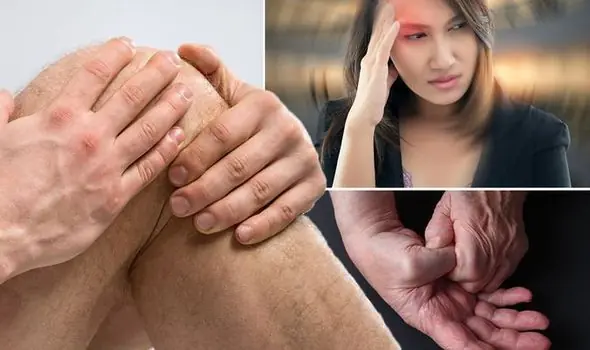
15 Silent Signs You’re Dangerously Low on Vitamin B12

The Potassium Powerhouse: What Eating Bananas Daily Does to Your Blood Pressure
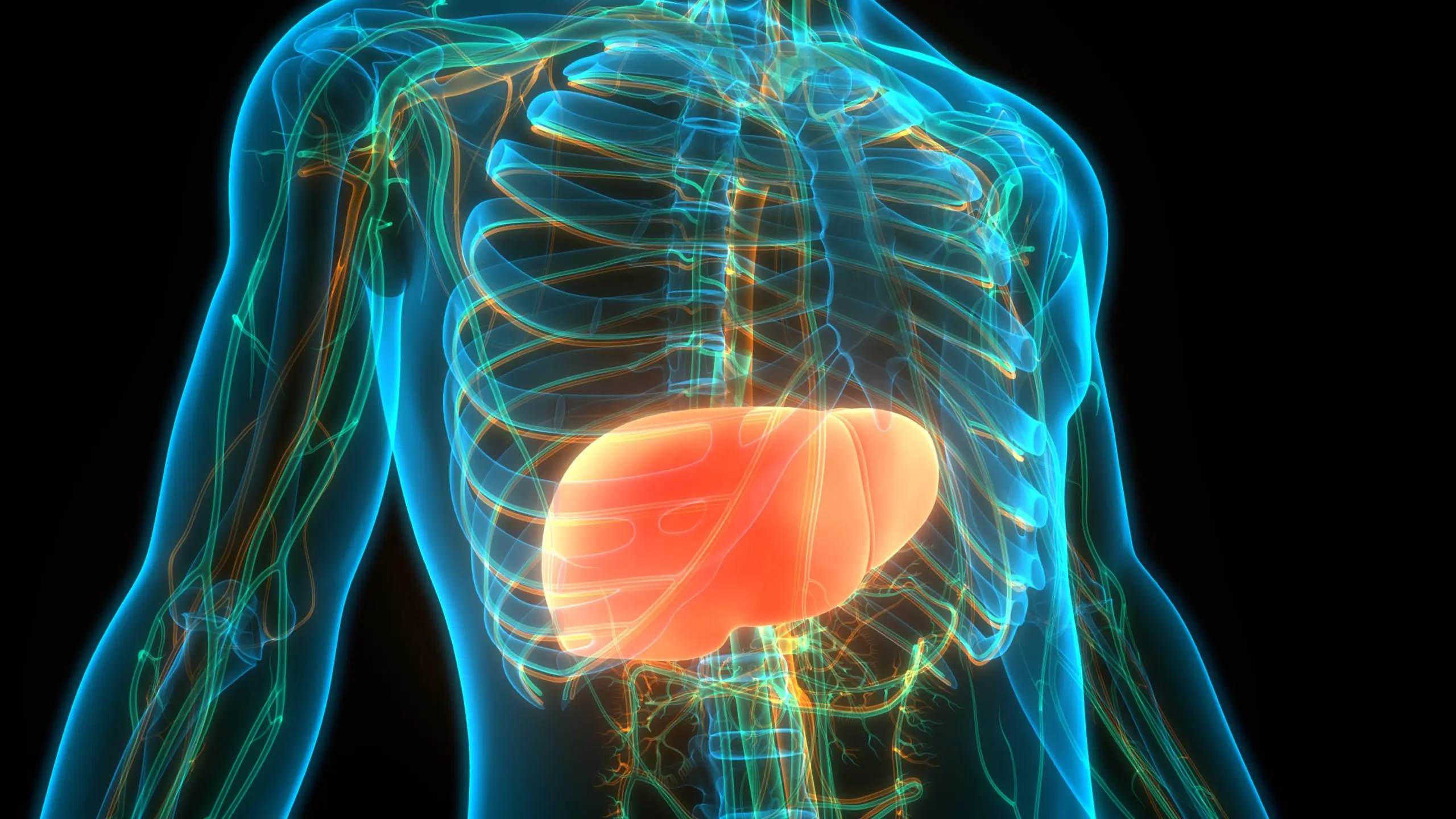
A Powerful Two-Ingredient Mixture for Cleansing Your Liver
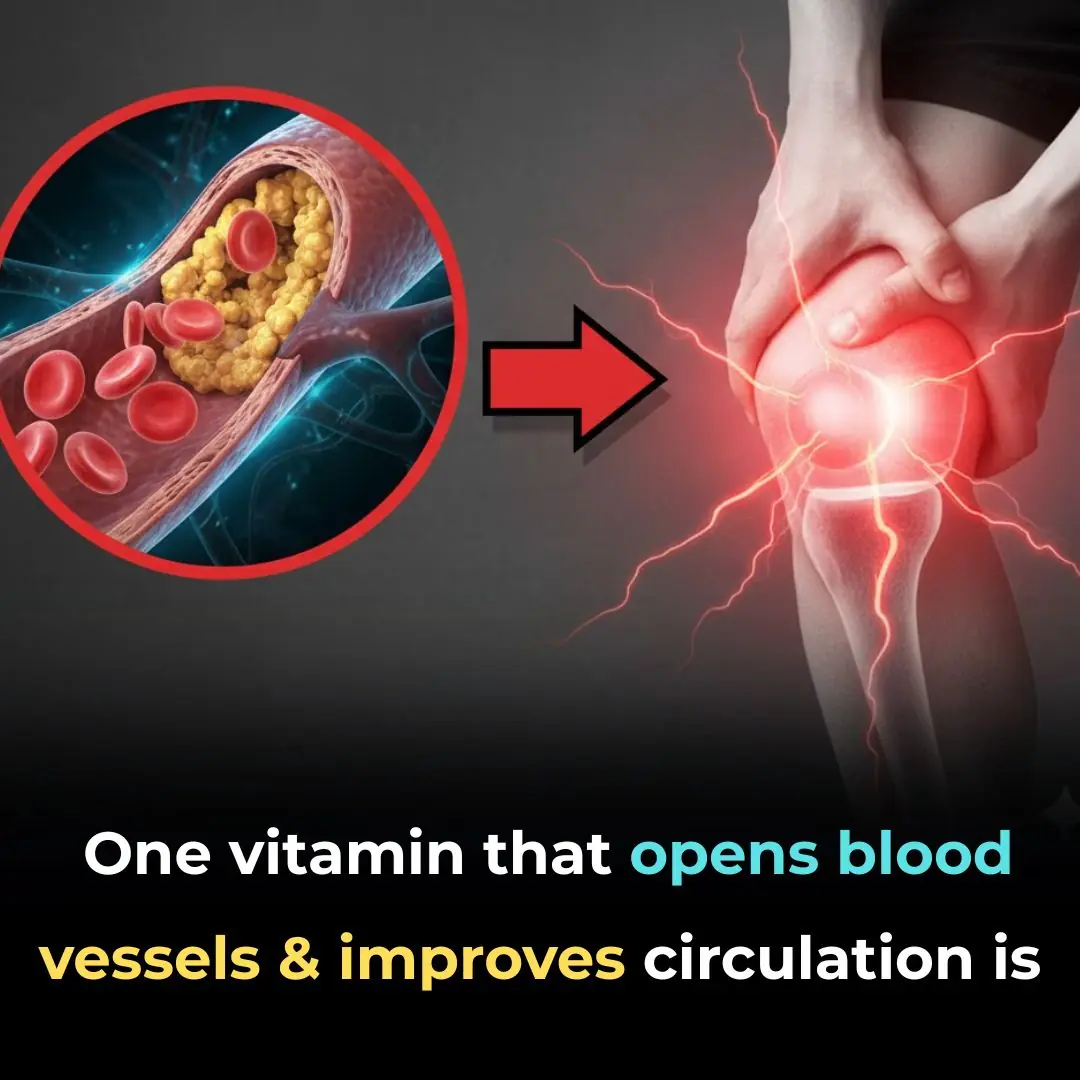
One Vitamin That Could Transform Your Circulation
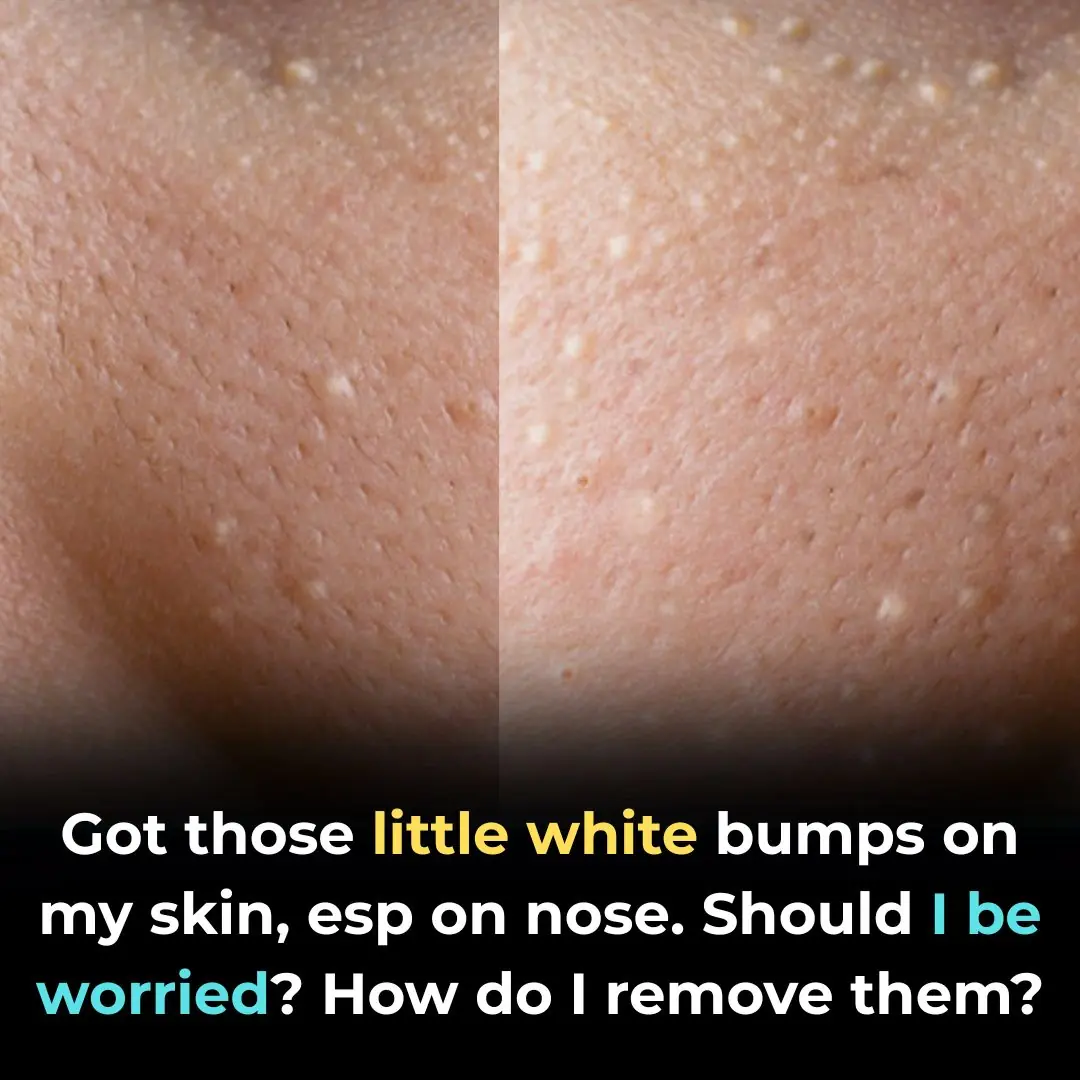
White Bumps on Your Face Don’t Try to Remove Them
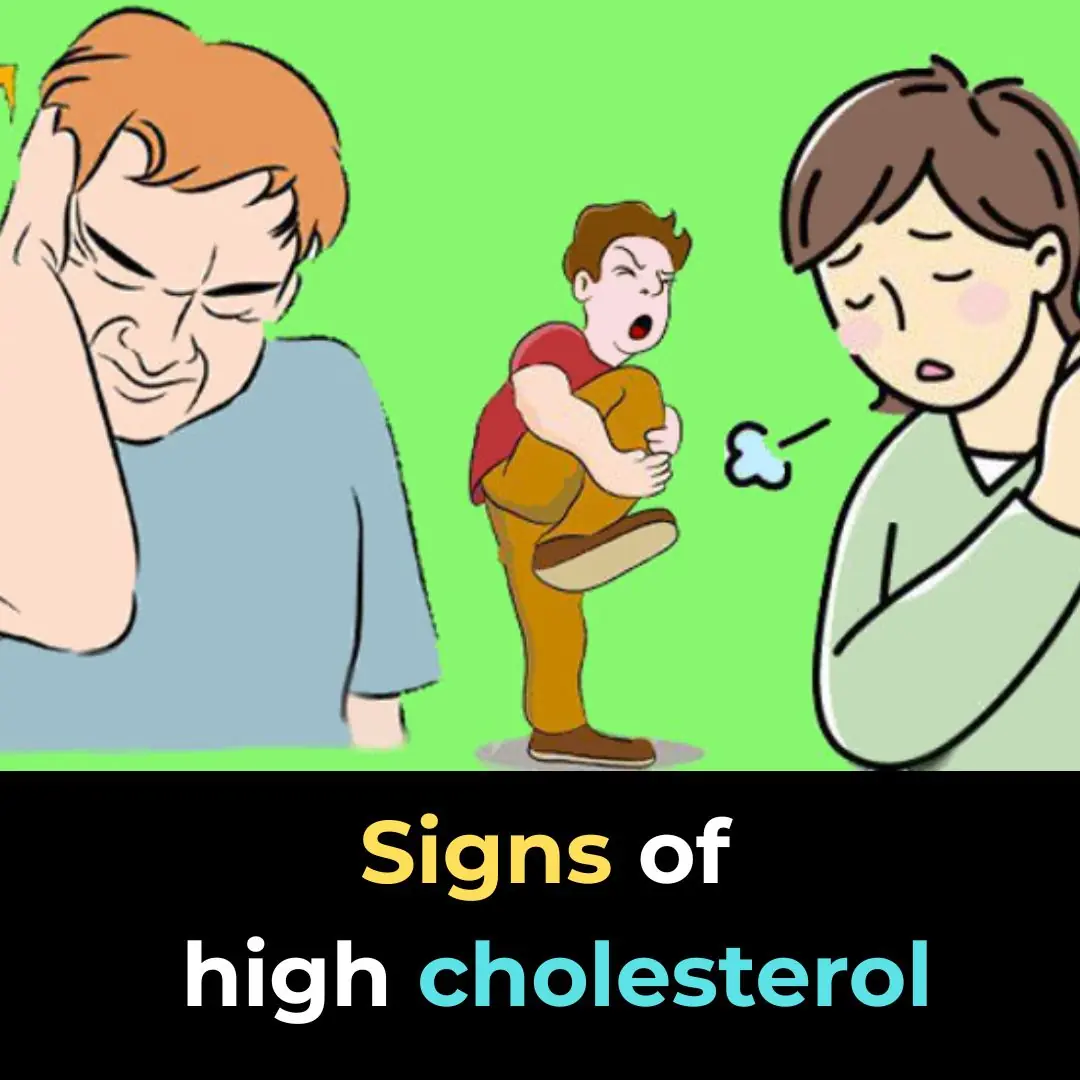
Signs and Symptoms That May Indicate High Cholesterol Levels
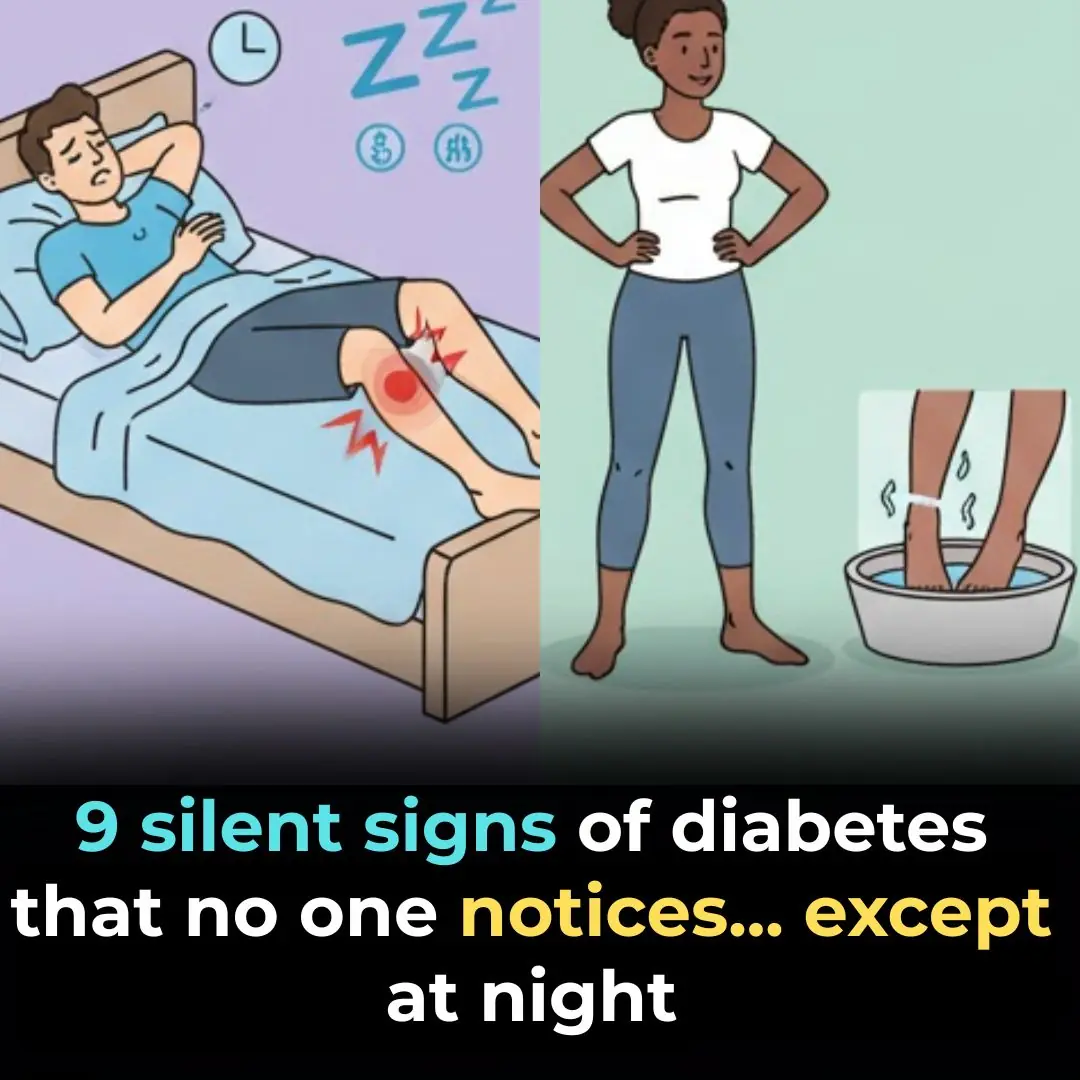
9 Signs of Diabetes That Appear at Night: What You Need to Know!
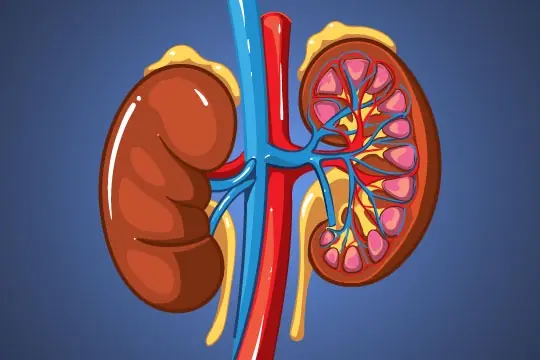
Healing Kidneys Naturally with Herbal Leaves: Supportive Strategies
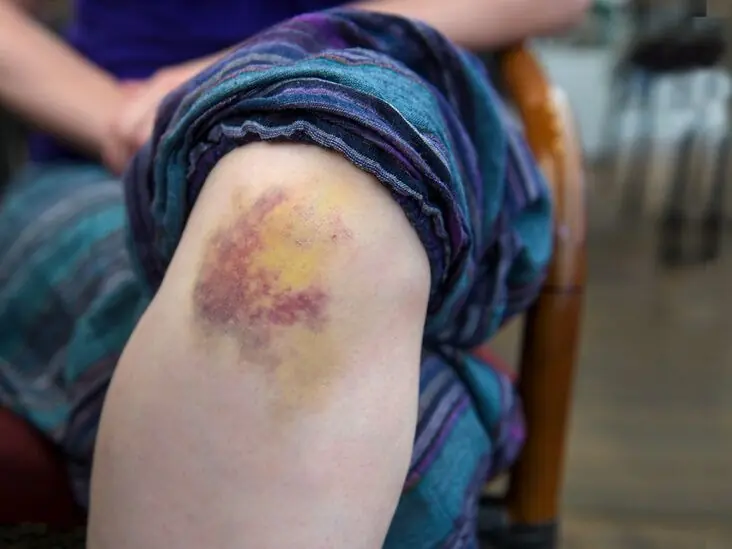
If Bruises Keep Showing Up Out Of Nowhere This Is What It Means for Your Health

8 EARLY WARNING SIGNS OF OVARIAN CANCER WOMEN SHOULD NEVER IGNORE THESE
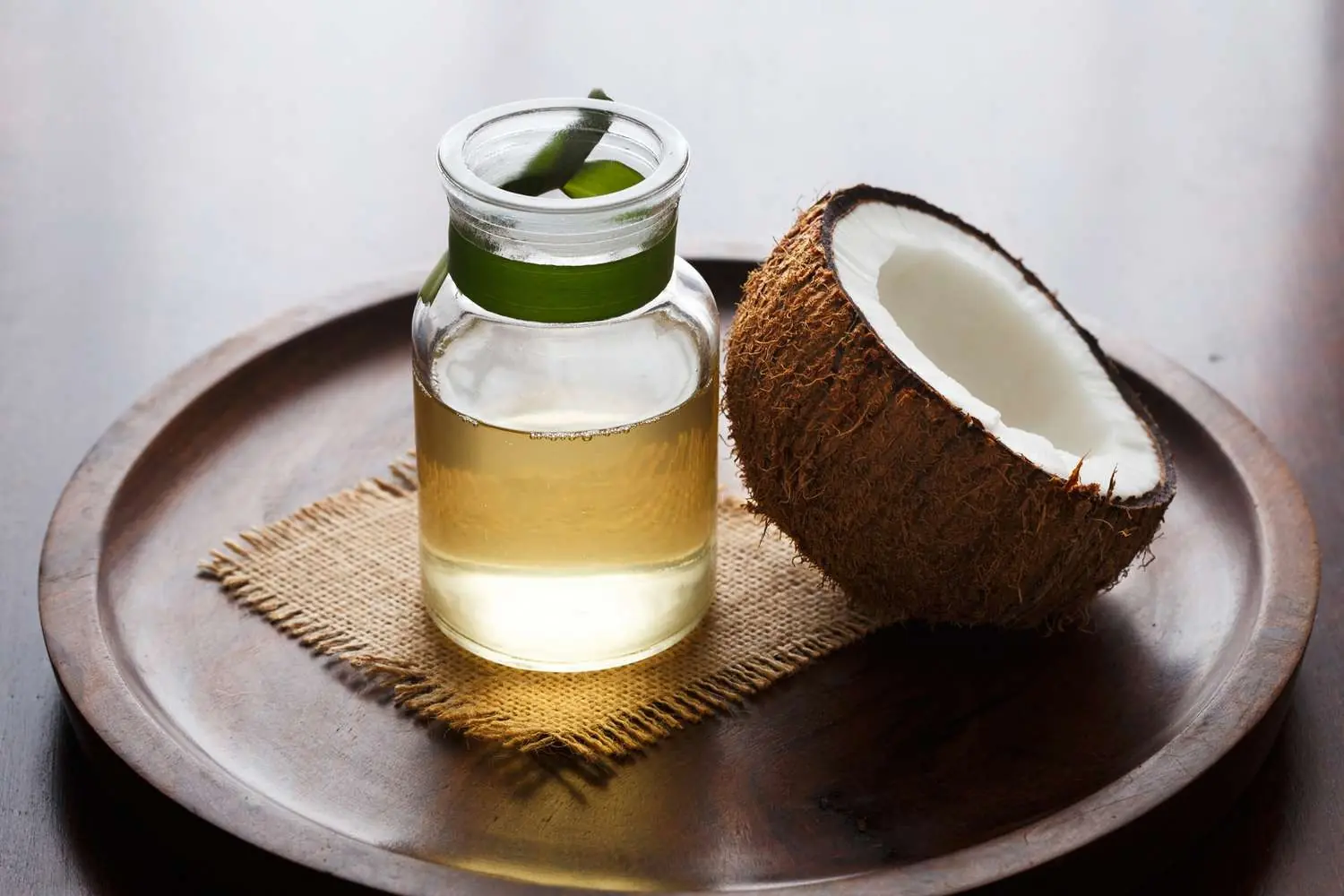
6 Ways Coconut Oil Can Benefit Those With Thyroid Problems
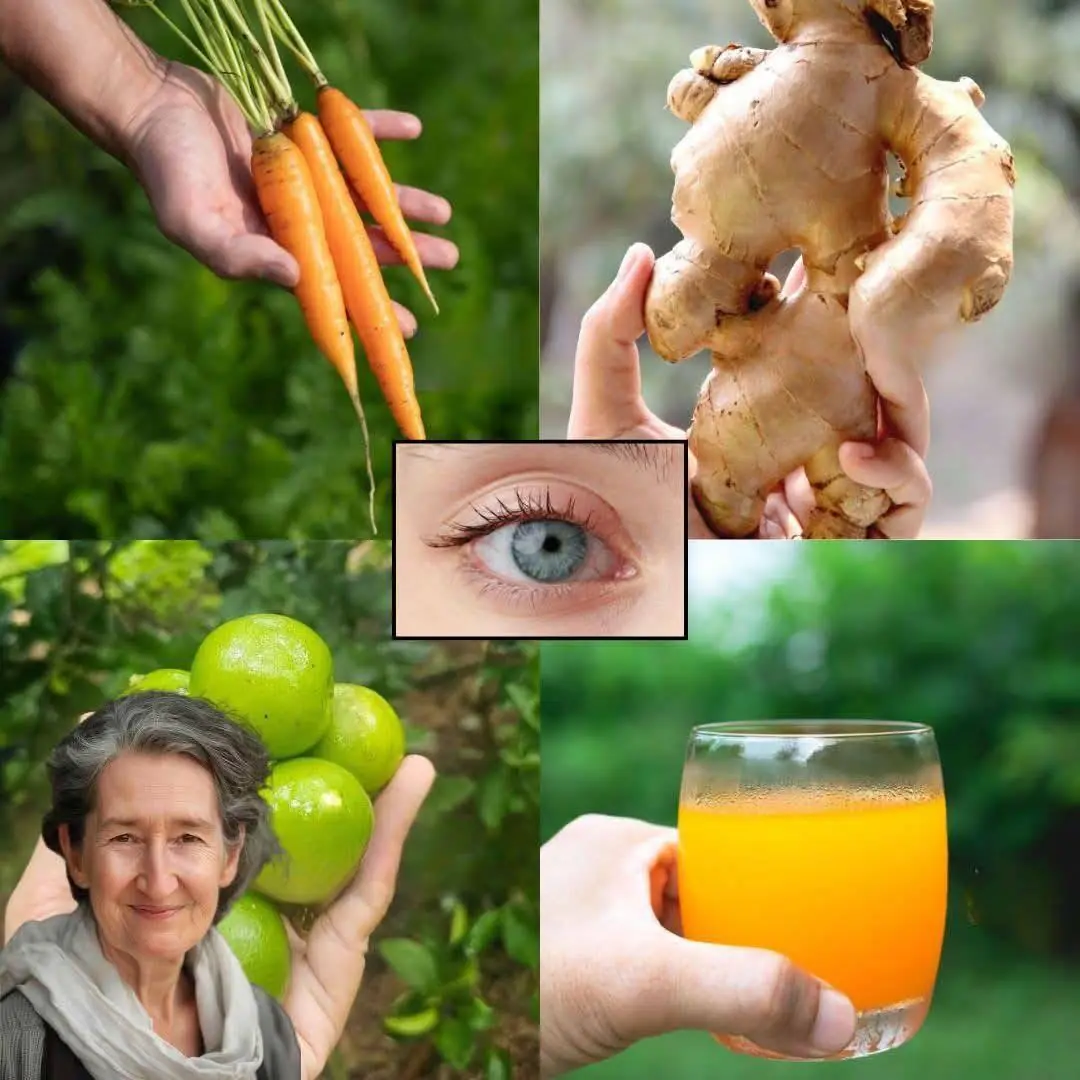
Top 5 Drinks To Improve Vision Naturally (Science-Backed)
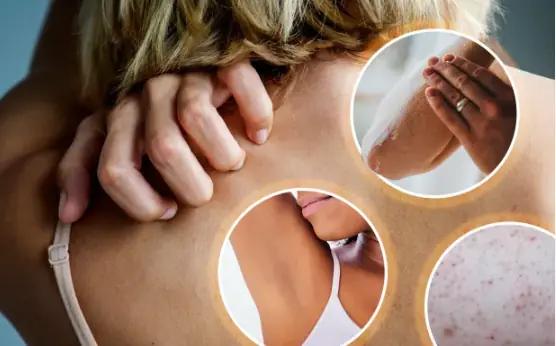
12 Surprising Skin Changes That May Signal Diabetes (A Must-Know Guide)
News Post
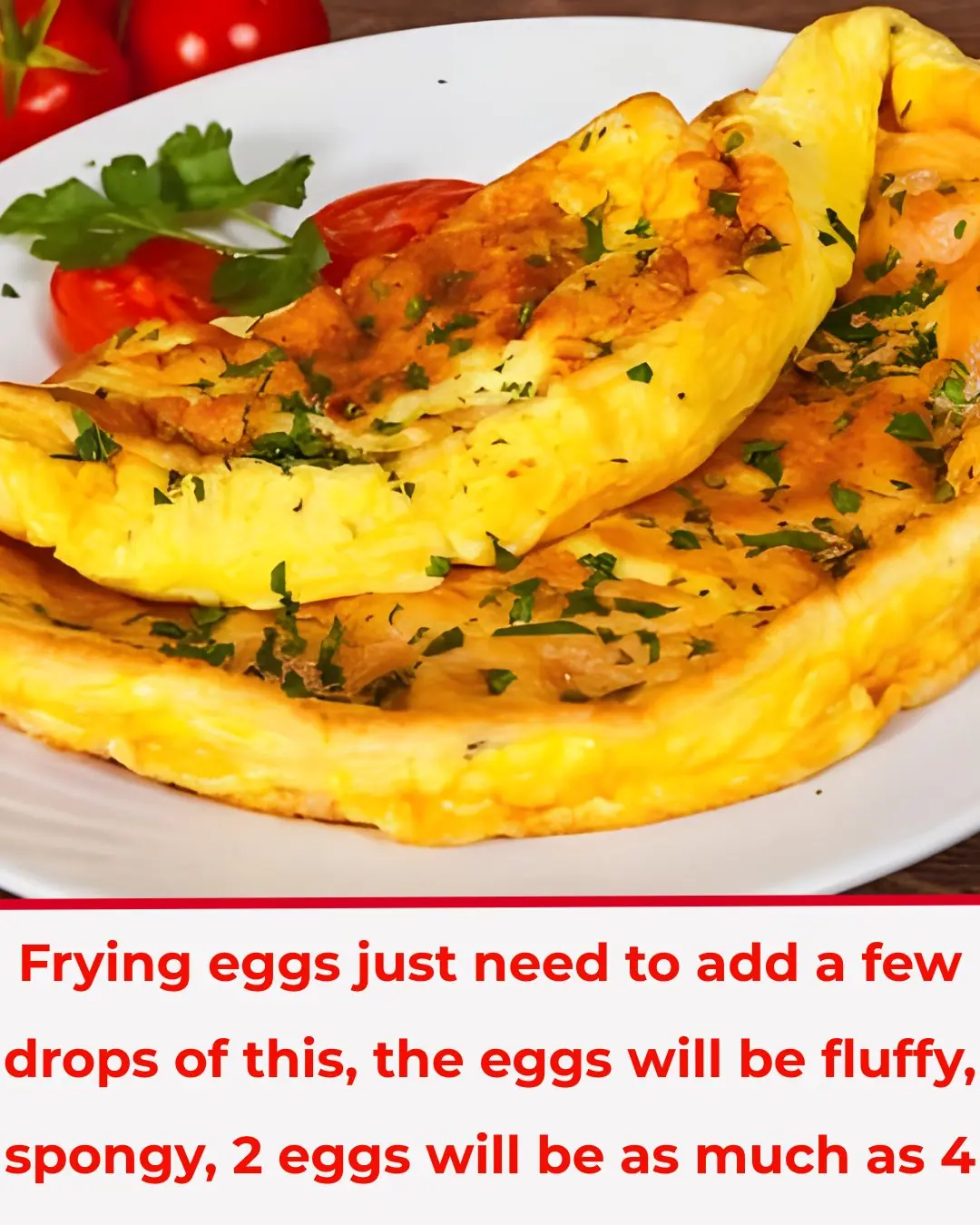
Just Add a Few Drops of This When Frying Eggs — They Puff Up Fluffy and Soft, Two Eggs Seem Like Four

KISS legend Gene Simmons, 76, hospitalized after scary car crash in Malibu

Pick your wing to reveal who your guardian angel is

Little Button on Your Seat Belt

Papaya Leaves: Do Not Make This Hair Treatment if You’re Not Ready for Extreme Hair Growth

Kylie Kelce has the best reaction to Taylor Swift’s raunchy ‘Wood’ song about brother-in-law Travis
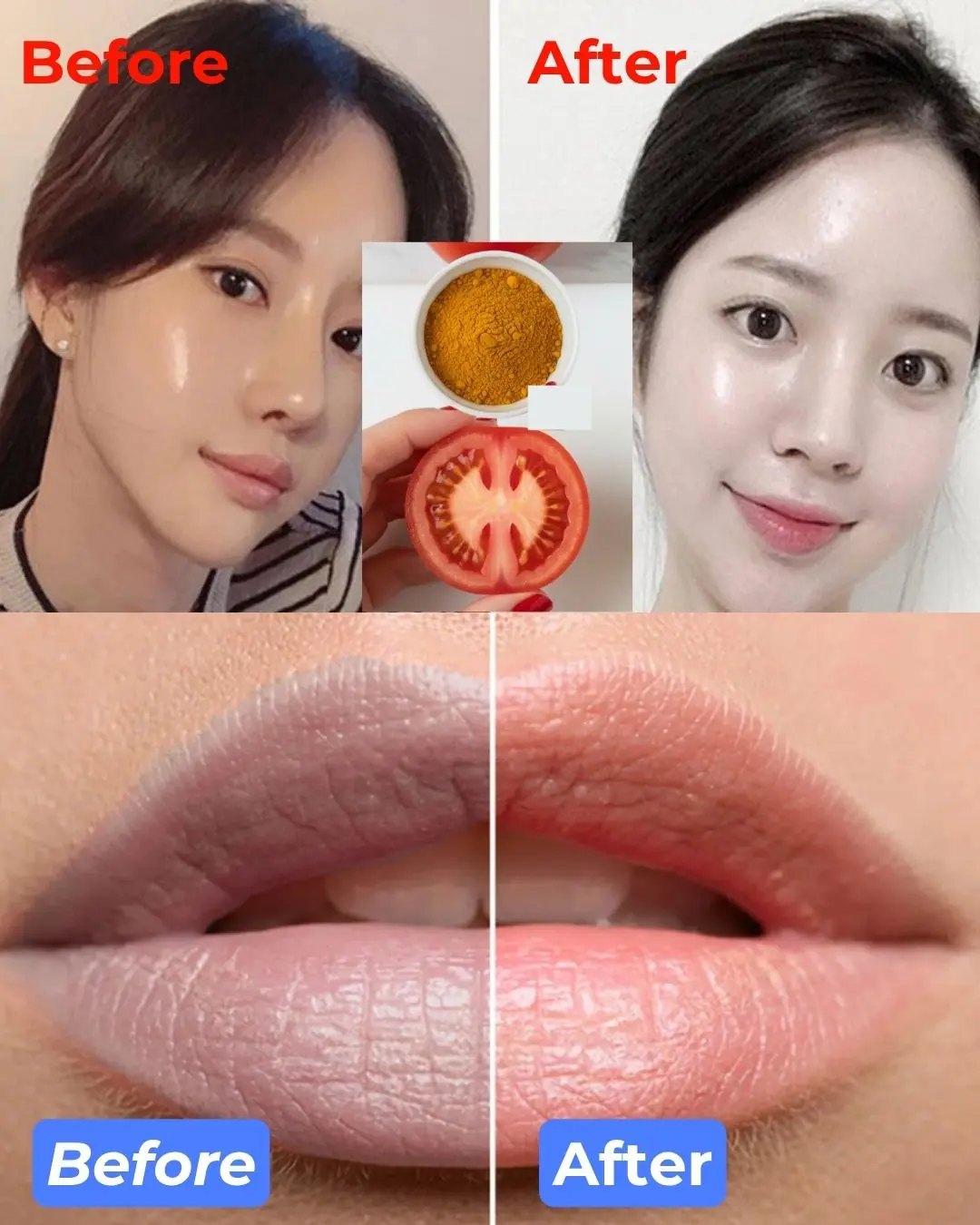
DIY Tomato and Turmeric Cream for Glowing Skin and Pink Lips

50 Cent's extreme body transformation left people questioning whether it was actually real

NASA astronaut going to the Moon next year reveals bizarre act he plans to do moments before takeoff

12 Weird Diabetes Skin Problems You Need To Know

Doctors REVEAL that guava leaf tea causes in...

Simple Ways to Lower Cholesterol Naturally

The Greyhound and the Rabbit: An Unlikely Pair That Proved Love Has No Boundaries

10 Simple Lifestyle Changes That Drastically Reduce Your Stroke Risk

How the sandstone pillars of Monument Valley were actually formed

Four Boys, One Dog, Endless Courage

20+ Iceland Photos You Won’t Believe Are From This Planet

The Cop Who Fixed a Taillight and Lost Everything.

Ginger and Red Date Tea: The 97-Year-Old Grandma’s Secret Longevity Drink
